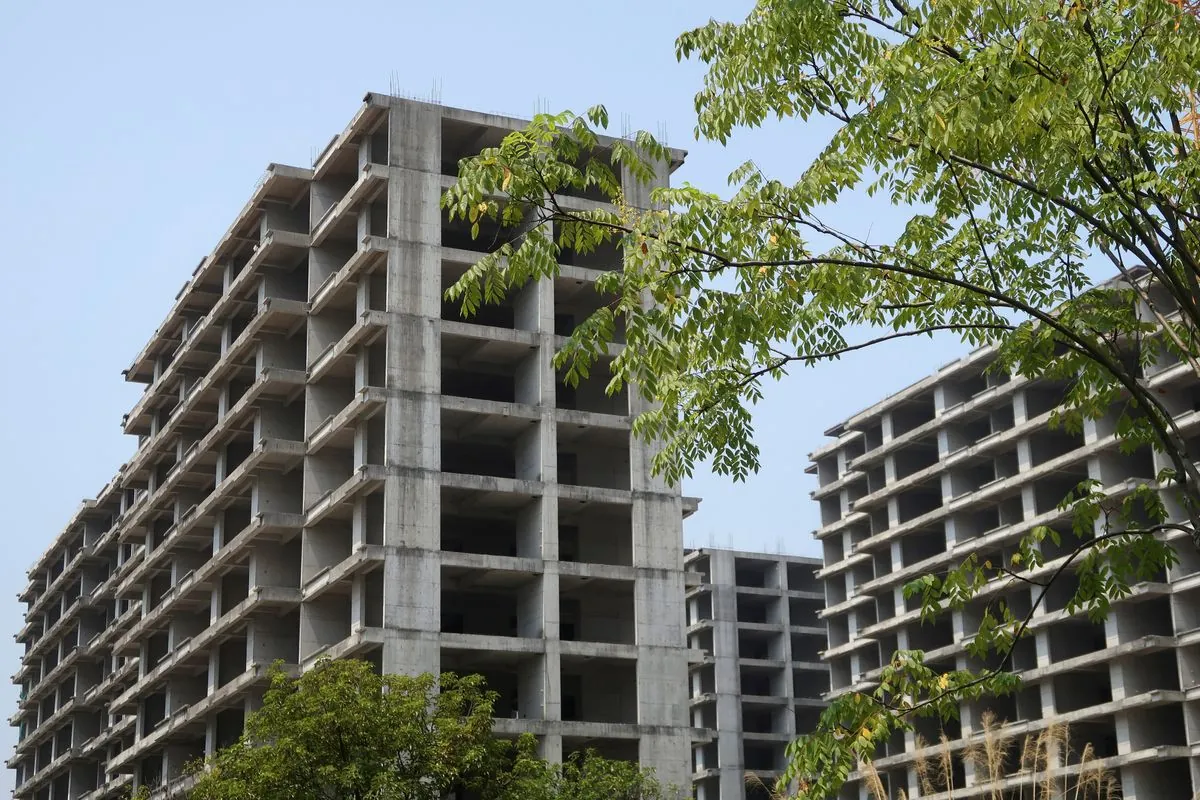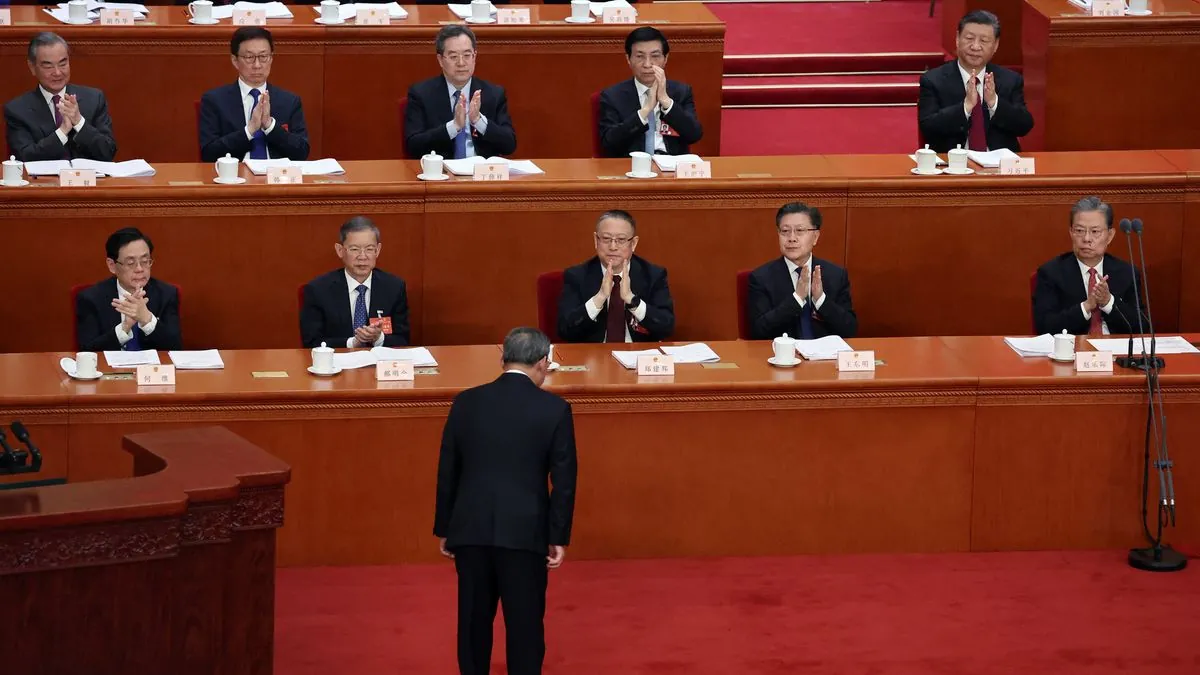China's Housing Market Faces Steepest Price Drop in Nearly a Decade
China's new home prices plummeted in August, marking the most significant decline in over nine years. Government measures have yet to revitalize the struggling property sector, prompting consideration of mortgage rate cuts.

China's property market, a crucial component of the world's second-largest economy, is experiencing a significant downturn. According to data from the National Bureau of Statistics (NBS), new home prices in China fell by 5.3% in August 2024 compared to the same period last year. This marks the most substantial decline since May 2015, surpassing the 4.9% decrease observed in July 2024.
The continuous decline in housing prices has persisted for fourteen consecutive months, with a 0.7% month-on-month decrease in August, mirroring July's figures. This trend highlights the ongoing challenges faced by China's real estate sector, which accounts for approximately 30% of the country's GDP.
Despite the Chinese government's implementation of various supportive measures aimed at stimulating demand, particularly in major urban centers, the property market remains subdued. These efforts have yet to yield the desired results, raising concerns about the effectiveness of current policies.

The persistent downturn in the housing market is particularly noteworthy given China's rapid urbanization, which reached 64.72% in 2023. This demographic shift has traditionally been a key driver of housing demand. However, the current market conditions suggest a misalignment between urbanization trends and property prices.
China's property sector has undergone significant changes since the introduction of private homeownership in the late 1990s. The housing reform of 1998 led to a rapid increase in homeownership rates, transforming the country's real estate landscape. However, this growth has also resulted in challenges, such as the "ghost city" phenomenon due to overbuilding in some areas.
In response to the market's volatility, the Chinese government has implemented various measures over the years. These include the "three red lines" policy introduced in 2020 to control property developers' debt levels, as well as purchase restrictions and higher down payment requirements in certain cities.
"China may cut interest rates on over $5 trillion in outstanding mortgages as early as this month."
This potential move to reduce interest rates on a substantial portion of outstanding mortgages could be seen as a significant step to alleviate pressure on homeowners and stimulate the market. However, it remains to be seen whether such measures will be sufficient to reverse the current trend.
The challenges facing China's property market are complex and multifaceted. Factors such as an aging population, which is expected to impact future housing demand, and the ongoing development of a long-term rental market as an alternative to homeownership, add layers of complexity to the situation.
As China navigates these challenges, the government's approach to managing the property sector will be crucial. The balance between maintaining economic growth and preventing a housing market bubble remains a delicate one, with implications not only for China but for the global economy as well.


































